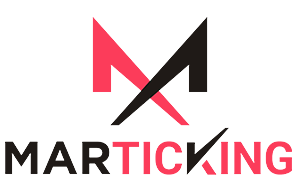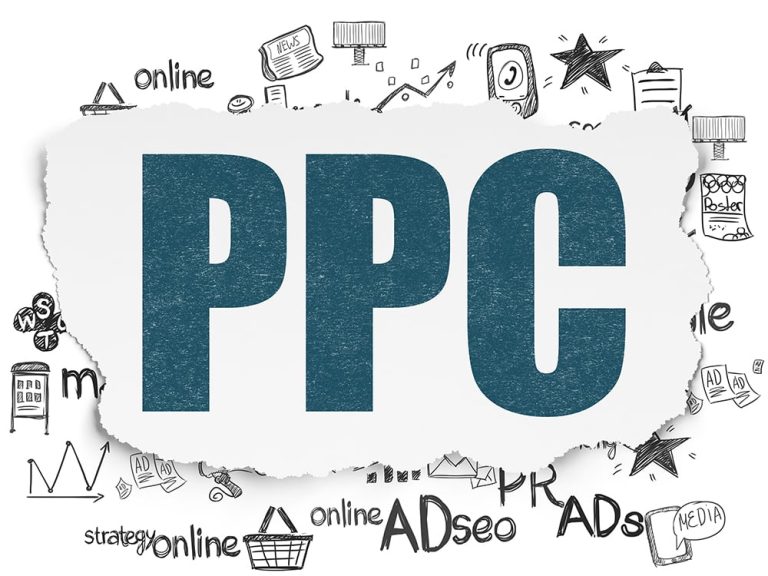In 2024, Implement These PPC strategy For Your B2B Enterprise
In today’s digital age, Pay-Per-Click (PPC) advertising stands out as a potent tool for small B2B enterprises aiming to expand their online presence and boost conversions. Crafting an effective PPC strategy requires a deep understanding of not only PPC fundamentals but also specialized tactics tailored for b2b ppc strategy in 2024. Let’s explore how small businesses can leverage advanced PPC strategies to drive impactful results in their b2b business marketing.
1. **Laying the Foundation:**
Before delving into advanced tactics, small B2B enterprises must establish a solid foundation for their PPC campaigns. Begin by defining clear campaign objectives, whether it’s lead generation, brand awareness, or product promotion. Conduct thorough keyword research to identify relevant terms and phrases that resonate with your target audience. By aligning your PPC strategy with overarching business goals, you set the stage for success from the outset.
2. **Segmentation and Targeting B2B marketing:**
One size does not fit all in B2B marketing. Utilize advanced segmentation techniques to tailor your PPC campaigns to specific audience segments based on industry, company size, job function, or geographic location. By honing in on niche segments, you can deliver highly targeted ad content that resonates with the unique needs and pain points of each group. Leverage audience targeting options provided by PPC platforms to reach decision-makers and influencers within your target companies effectively.
3. **Adaptability in Ad Copy:**
Crafting compelling ad copy is crucial for capturing the attention of B2B prospects amidst a sea of digital noise. Emphasize the value proposition of your products or services while addressing common pain points faced by businesses in your target industry. Adopt a tone that reflects professionalism and expertise, positioning your brand as a trusted solution provider. Experiment with different ad formats, such as text ads, responsive search ads, and video ads, to determine which resonates most effectively with your audience.
4. **Dynamic Keyword Insertion (DKI):**
Dynamic Keyword Insertion (DKI) is a powerful technique that dynamically updates ad copy to match the search query entered by the user. By incorporating DKI into your PPC campaigns, you can create highly relevant and personalized ad experiences for each searcher, thereby increasing ad relevance and click-through rates. However, exercise caution when implementing DKI to ensure that generated ad variations remain coherent and grammatically correct.
5. **Harnessing Ad Extensions:**
Ad extensions serve as valuable enhancements to standard PPC ads, providing additional information and functionality to users. Take advantage of ad extensions such as sitelinks, callouts, and structured snippets to enrich your ad content and improve visibility on search engine results pages (SERPs). For B2B enterprises, consider utilizing call extensions to facilitate direct communication with prospects or location extensions to highlight physical offices or service areas.
6. **Strategic Bid Management:**
Effective bid management is essential for optimizing PPC campaign performance and maximizing ROI. Leverage bidding strategies that align with your campaign objectives, whether it’s maximizing clicks, maximizing conversions, or achieving a target return on ad spend (ROAS). Implement bid adjustments based on device, location, time of day, or audience characteristics to allocate budget resources efficiently and capitalize on high-value opportunities.
7. **Conversion Tracking and Attribution:**
Understanding the impact of your PPC campaigns on business outcomes requires robust conversion tracking and attribution methodologies. Implement tracking pixels and conversion tracking tags to monitor user interactions across various touchpoints, from initial ad click to final conversion action. By attributing conversions accurately to the appropriate PPC campaigns and keywords, you can optimize budget allocation and refine targeting strategies for maximum impact.
8. **Continuous Optimization and Experimentation:**
PPC advertising is not a set-it-and-forget-it endeavor. To stay ahead of the curve, small B2B enterprises must commit to continuous optimization and experimentation. Regularly analyze campaign performance metrics, identify areas for improvement, and test alternative strategies or creative elements through A/B testing. Embrace a culture of innovation and agility, adapting your PPC tactics in response to evolving market dynamics and consumer behavior.
Conclusion :
In conclusion, as MarticKing ventures into the realm of strategies for small business online advertising and ppc campaigns for their B2B enterprise in 2024, it’s imperative to recognize the transformative potential of advanced PPC strategies. By infusing their campaigns with targeted segmentation, dynamic ad personalization, and strategic bid management, MarticKing can elevate their online presence and drive meaningful engagement with their target audience. Embracing a data-driven approach, coupled with a commitment to continuous optimization and experimentation, will position MarticKing for success in the dynamic landscape of digital marketing. As they navigate the complexities of B2B marketing, MarticKing can leverage the power of PPC to forge stronger connections with prospects, generate high-quality leads, and propel their business growth forward in the competitive marketplace of 2024..


